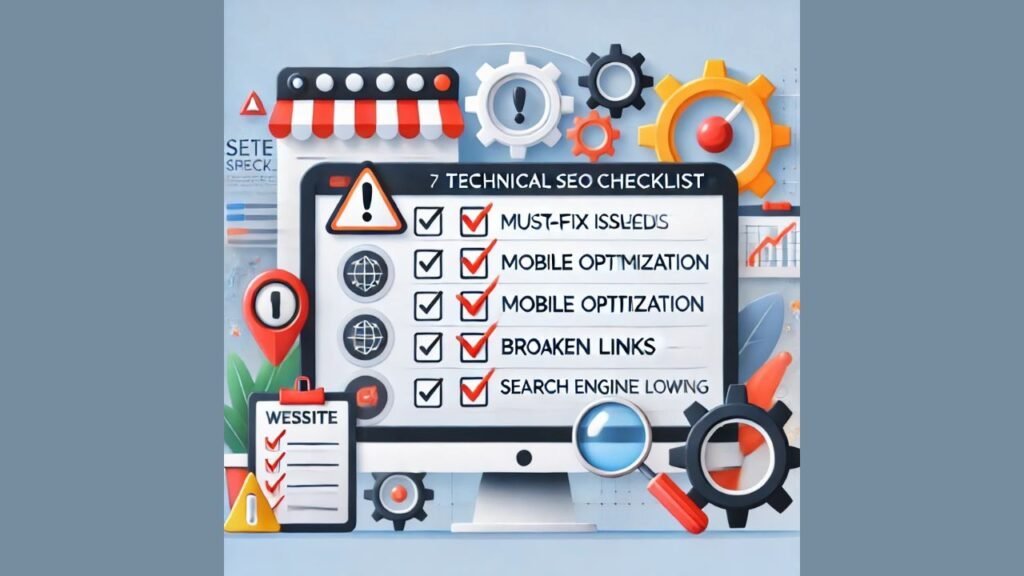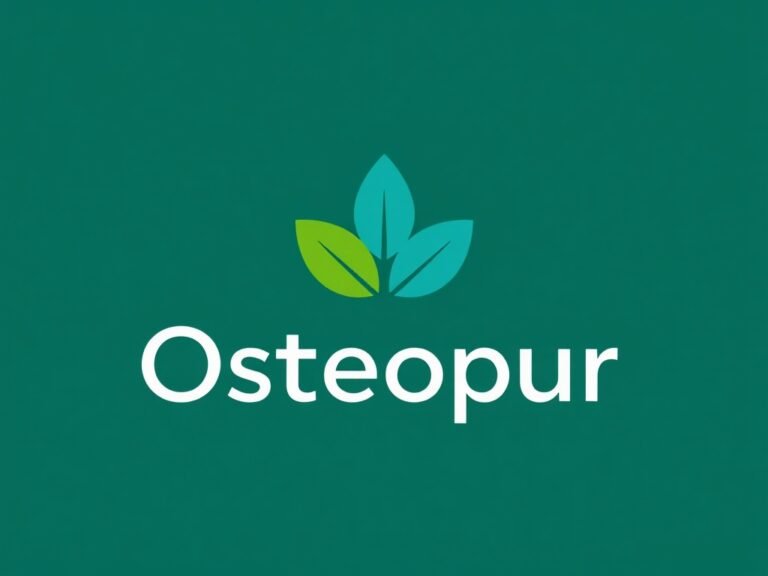
When it comes to digital marketing, content and backlinks often take center stage. However, without a strong technical foundation, even the best content can struggle to rank. Technical SEO ensures that your site is crawlable, indexable, fast, and secure — all critical elements for search engine visibility and user experience. For businesses aiming to get ahead in a competitive market, partnering with an experienced Manchester SEO Agency can make the difference between a website that struggles and one that thrives.
In this guide, we’ll explore the 7 must-fix technical SEO issues every business should address to maintain a healthy, high-performing website.
1. Site Speed and Core Web Vitals
Google has made site speed a direct ranking factor, and with the introduction of Core Web Vitals, performance has become even more important. Slow websites frustrate users and lead to higher bounce rates, lower engagement, and fewer conversions.
What to check:
- Largest Contentful Paint (LCP): Measures loading performance.
- First Input Delay (FID): Tracks interactivity.
- Cumulative Layout Shift (CLS): Evaluates visual stability.
How to fix:
- Compress images and use next-gen formats like WebP.
- Implement browser caching and a Content Delivery Network (CDN).
- Minify CSS, JavaScript, and HTML.
2. Mobile Friendliness
With mobile-first indexing, Google primarily uses the mobile version of your site for ranking and indexing. A poor mobile experience directly impacts your SEO.
What to check:
- Responsive design that adapts to different screen sizes.
- Tap targets (buttons and links) are easy to click on smaller screens.
- Font sizes are readable without zooming.
How to fix:
- Use responsive frameworks like Bootstrap.
- Test your site with Google’s Mobile-Friendly Test tool.
- Eliminate intrusive popups that disrupt mobile usability.
3. Crawl Errors and Broken Links
Crawl errors prevent search engines from indexing your content properly, while broken links hurt both SEO and user experience.
What to check:
- 404 errors (page not found).
- 301/302 redirects.
- Crawl stats in Google Search Console.
How to fix:
- Regularly audit with tools like Screaming Frog or Ahrefs.
- Redirect old URLs to relevant, active pages.
- Remove or update broken outbound links.
4. Duplicate Content Issues
Duplicate content confuses search engines and dilutes ranking signals. This is often caused by improper URL structures, session IDs, or printer-friendly versions of pages.
What to check:
- Multiple versions of the same page (http vs. https, www vs. non-www).
- Thin content with little variation across pages.
- Parameterized URLs.
How to fix:
- Use canonical tags to specify the preferred version of a page.
- Consolidate duplicate content into a single authoritative page.
- Ensure consistent internal linking practices.
5. XML Sitemap and Robots.txt Optimization
An optimized XML sitemap helps search engines understand your site’s structure, while a robots.txt file ensures that crawlers know which pages to index and which to ignore.
What to check:
- Sitemap includes only index-worthy URLs.
- Robots.txt doesn’t accidentally block important pages.
- Both files are submitted in Google Search Console.
How to fix:
- Update XML sitemaps regularly as new pages are added.
- Block admin or duplicate content sections with robots.txt.
- Use hreflang tags for multilingual websites.
6. HTTPS and Security Issues
Security is a ranking factor, and HTTPS is now the industry standard. A site without SSL not only loses SEO value but also discourages users from engaging with your brand.
What to check:
- Your site loads over HTTPS, not HTTP.
- No mixed content errors (secure and non-secure resources).
- SSL certificate is valid and not expired.
How to fix:
- Install an SSL certificate via your hosting provider.
- Redirect all HTTP URLs to HTTPS.
- Update hardcoded internal links to HTTPS versions.
7. Structured Data and Schema Markup
Structured data helps search engines better understand your content and enhances your listings with rich snippets like ratings, reviews, and FAQs. This increases click-through rates and visibility.
What to check:
- Implementation of schema types relevant to your business (e.g., LocalBusiness, Product, Article).
- Testing schema with Google’s Rich Results Test tool.
- Errors or warnings in Google Search Console.
How to fix:
- Add JSON-LD schema to important pages.
- Use plugins or manual coding depending on your CMS
- Regularly validate structured data for accuracy.
The Role of Technical SEO in Business Growth
Fixing these issues doesn’t just improve rankings; it enhances user experience and trust. Websites that are fast, secure, and easy to navigate are more likely to convert visitors into customers. For businesses that rely heavily on digital presence, technical SEO is not just a checklist — it’s the backbone of sustainable online growth.
This is particularly critical for companies competing in eCommerce. Complex product catalogs, filters, and dynamic pages often create unique technical challenges. Partnering with experts in Technical SEO Manchester ensures that your website architecture, speed, and crawlability are optimized for both search engines and customers.
How to Stay Ahead With Technical SEO
Technical SEO isn’t a one-time task — it’s an ongoing process. As search engines evolve, new standards and ranking factors emerge. Businesses should regularly audit their websites and implement improvements to stay ahead of competitors.
Pro tips to maintain long-term technical health:
- Schedule quarterly technical audits.
- Stay updated on Google algorithm updates.
- Monitor website performance metrics closely.
- Invest in professional SEO tools for deeper insights.
Final Thoughts
A healthy website is built on a solid technical foundation. By addressing these seven must-fix technical SEO issues — site speed, mobile optimization, crawl errors, duplicate content, sitemaps, HTTPS, and structured data — you’ll set your business up for better rankings, improved user experience, and long-term success.
While on-page and content strategies are vital, technical SEO ensures that your efforts don’t go to waste. For businesses ready to take their online presence seriously, prioritizing technical SEO is a must.

![Where_to_Inject_TRT[1]](https://londontechinsights.co.uk/wp-content/uploads/2025/09/Where_to_Inject_TRT1-768x512.jpg)




